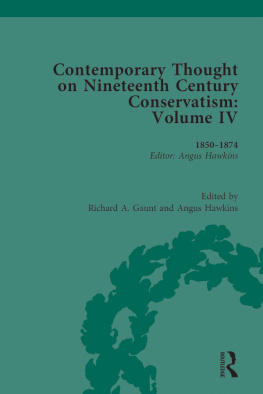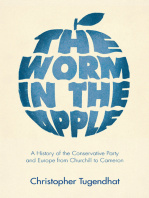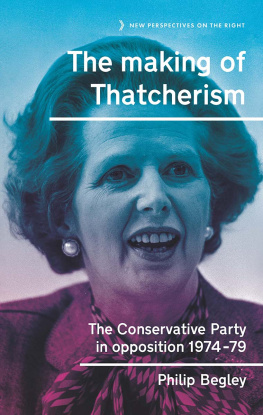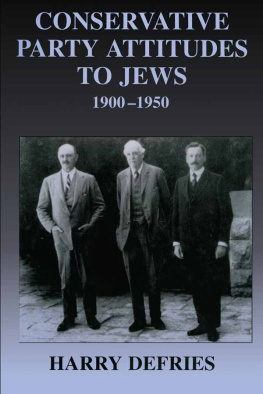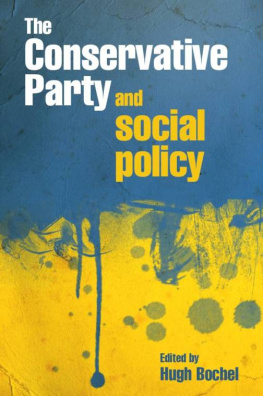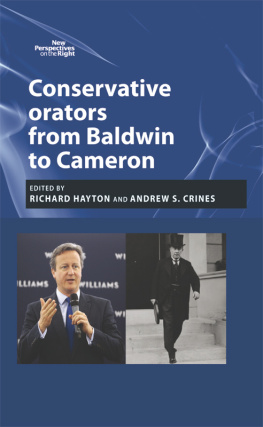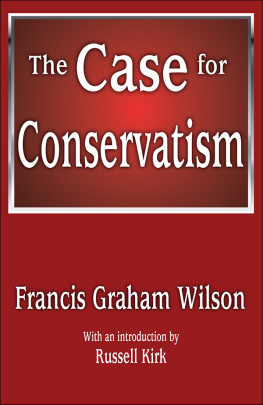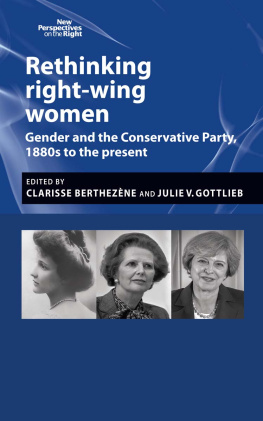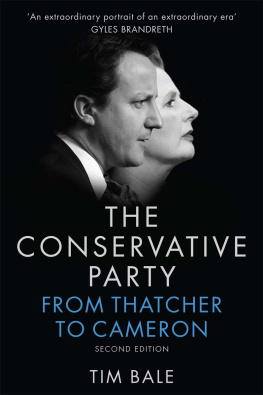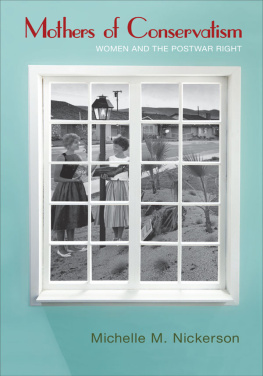Angus Hawkins - Contemporary Thought on Nineteenth Century Conservatism
Here you can read online Angus Hawkins - Contemporary Thought on Nineteenth Century Conservatism full text of the book (entire story) in english for free. Download pdf and epub, get meaning, cover and reviews about this ebook. year: 2020, publisher: Routledge, genre: History. Description of the work, (preface) as well as reviews are available. Best literature library LitArk.com created for fans of good reading and offers a wide selection of genres:
Romance novel
Science fiction
Adventure
Detective
Science
History
Home and family
Prose
Art
Politics
Computer
Non-fiction
Religion
Business
Children
Humor
Choose a favorite category and find really read worthwhile books. Enjoy immersion in the world of imagination, feel the emotions of the characters or learn something new for yourself, make an fascinating discovery.
- Book:Contemporary Thought on Nineteenth Century Conservatism
- Author:
- Publisher:Routledge
- Genre:
- Year:2020
- Rating:5 / 5
- Favourites:Add to favourites
- Your mark:
Contemporary Thought on Nineteenth Century Conservatism: summary, description and annotation
We offer to read an annotation, description, summary or preface (depends on what the author of the book "Contemporary Thought on Nineteenth Century Conservatism" wrote himself). If you haven't found the necessary information about the book — write in the comments, we will try to find it.
The Conservative party remains the longest-established major political party in modern British history. This collection makes available 19th century documents illuminating aspects of Conservatism through a critical period in the partys history, from 1830 to 1874. It throws light on Conservative ideas, changing policies, party organisation and popular partisan support, showing how Conservatism evolved and responded to domestic and global change. It explores how certain clusters of ideas and beliefs comprised a Conservative view of political action and purposes, often reinforcing the importance of historic institutions such as the Anglican Church, the monarchy and the constitution. It also looks at the ways in which a broadening electorate required the marshalling of Conservative supporters through greater party organisation, and how the Conservative party became the embodiment and expression of durable popular political sentiment. The collection examines how the Conservative party became a body seeking to deliver progress combined with stability.
The documents brought together in this collection give direct voice to how Conservatives of the period perceived and extolled their aspirations, aims, and the values of Conservatism. Introductory essays highlight the main themes and nature of Conservatism in a dynamic age of change and how the Conservative axiom, in an imperfect world of successful adaptation, being essential to effective preservation informed and defined the Conservative party, the views of its leaders, the beliefs of its supporters, and the political outlook they espoused.
Angus Hawkins: author's other books
Who wrote Contemporary Thought on Nineteenth Century Conservatism? Find out the surname, the name of the author of the book and a list of all author's works by series.

